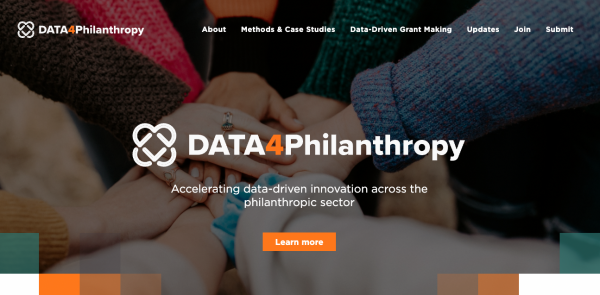Article by Marietje Schaake: “…From the promise of medical breakthroughs to the perils of election interference, the hopes of helpful climate research to the challenge of cracking fundamental physics, AI is too important to be monopolised.
Yet the market is moving in exactly that direction, as resources and talent to develop the most advanced AI sit firmly in the hands of a very small number of companies. That is particularly true for resource-intensive data and computing power (termed “compute”), which are required to train large language models for a variety of AI applications. Researchers and small and medium-sized enterprises risk fatal dependency on Big Tech once again, or else they will miss out on the latest wave of innovation.
On both sides of the Atlantic, feverish public investments are being made in an attempt to level the computational playing field. To ensure scientists have access to capacities comparable to those of Silicon Valley giants, the US government established the National AI Research Resource last month. This pilot project is being led by the US National Science Foundation. By working with 10 other federal agencies and 25 civil society groups, it will facilitate government-funded data and compute to help the research and education community build and understand AI.
The EU set up a decentralised network of supercomputers with a similar aim back in 2018, before the recent wave of generative AI created a new sense of urgency. The EuroHPC has lived in relative obscurity and the initiative appears to have been under-exploited. As European Commission president Ursula von der Leyen said late last year: we need to put this power to use. The EU now imagines that democratised supercomputer access can also help with the creation of “AI factories,” where small businesses pool their resources to develop new cutting-edge models.
There has long been talk of considering access to the internet a public utility, because of how important it is for education, employment and acquiring information. Yet rules to that end were never adopted. But with the unlocking of compute as a shared good, the US and the EU are showing real willingness to make investments into public digital infrastructure.
Even if the latest measures are viewed as industrial policy in a new jacket, they are part of a long overdue step to shape the digital market and offset the outsized power of big tech companies in various corners of our societies…(More)”.


